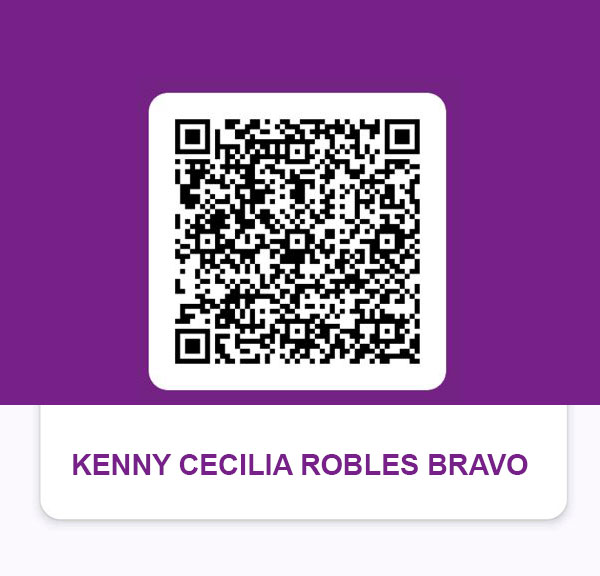Top 7 Relapse Triggers And How To Manage Them
A person with diabetes will often relapse due to poor eating behaviors, for example. They just have to reset, practice healthy eating and get their blood sugar under control with the help of their doctor. Do your best to plan meals, engage in mindfulness, seek out social support and stick to a regular sleep schedule. Doing so will provide a baseline that helps reduce reactivity to triggers. It should be noted, if you do need treatment for your mental health, get the help you need. You can begin by starting a journal to help you notice when you may be slipping into old habits that are counter-productive.
The Benefits of 12-Step Programs in Recovery

Recognizing and managing triggers are fundamental skills for anyone committed to overcoming addiction. By understanding the different types of triggers, learning to identify warning signs, and employing effective coping strategies, individuals build resilience against relapse. The Alcohol Use Disorder journey involves ongoing self-awareness, proactive planning, and support from professionals and community groups. Tools such as mindfulness, journaling, therapy, and support networks empower individuals to handle emotional and environmental cues successfully. In conclusion, understanding and managing relapse triggers are crucial elements of a successful addiction recovery journey from relapse. Remember, the road to recovery may be challenging, but with dedication, perseverance, and the right tools, you can overcome these obstacles and build a brighter future.

Common Relapse Triggers to Avoid
The solution to managing difficult situations is learning how to confront them without drugs and alcohol. After addiction treatment, people who have faced alcohol and drug abuse now have the opportunity to implement a relapse prevention plan to maintain sobriety. If you use substances after a period of recovery, your immediate response significantly impacts what happens next. First, immediately reach out to your support system rather than hiding the slip out of https://srsystemsus.com/sobriety-tattoos-embracing-recovery-through-ink/ shame—secrecy invariably worsens the situation. Work with treatment providers to understand precisely which triggers contributed to the slip and how your prevention plan needs strengthening. Resume recovery activities immediately, including support groups and therapy sessions.
How can I recognize and avoid my triggers effectively?

Many people identify undesirable emotions such as anger, sadness, and loneliness as major using triggers. Regular review and revision of your prevention strategies with treatment providers or support people helps maintain their relevance and effectiveness throughout your recovery. These transitions combine multiple triggers simultaneously—stress, emotional reactions, practical challenges, and sometimes environmental changes that expose you to new risks. When these underlying conditions fluctuate or worsen, the brain quickly recalls the temporary relief substances once provided, intensifying cravings during mental health challenges. Surprisingly, positive experiences trigger relapse almost as often as negative ones.
- While during the rehab process, you’ll work with your therapist (and later, your sponsor) on how to cope with triggers, it can also help to keep a recovery journal.
- Managing internal triggers often requires introspection and emotional regulation.
- Preventing relapse isn’t as easy as saying no to opportunities to use again.
Learning to experience joy and celebration without substances represents an essential recovery skill that improves with practice and support. Group therapy sessions at 12 South Recovery help clients develop these social skills while building connections with others who understand recovery challenges. Social factors influence recovery in two opposing but equally dangerous ways. Direct or indirect pressure to use substances can overcome recovery resolve, particularly in situations where refusing feels awkward or might require explanation. Treatment programs at 12 South Recovery include evidence-based approaches like CBT and EMDR therapy that specifically address emotional regulation challenges common in recovery. At 12 South Recovery, our therapy programs include stress management training and holistic approaches types of relapse triggers like meditation that build resilience against this powerful trigger.


